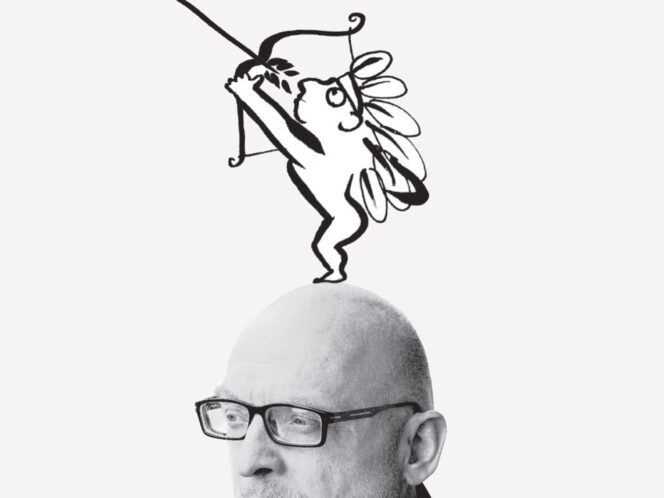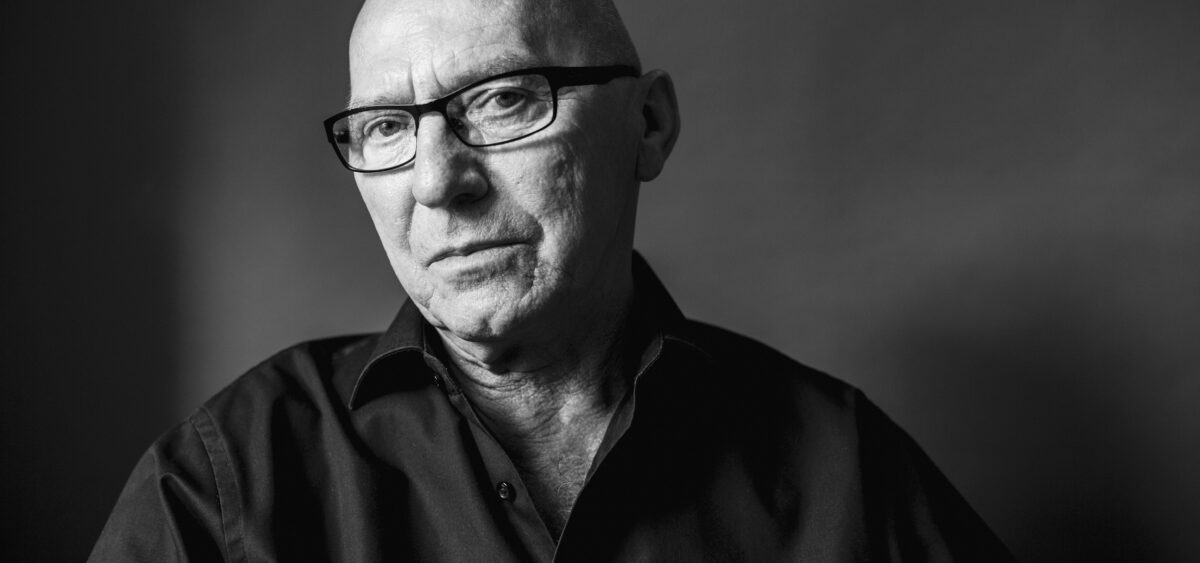
Thinking is like sex: we have both too much and too little of it, says Professor Bartłomiej Dobroczyński. He also encourages us to dance – to Mahler and the Ramones – giving our brains a rest from the mental chatter.
Katarzyna Sroczyńska: Do you think a lot?
Bartłomiej Dobroczyński: Too much. On the one hand, thinking is one of the most fascinating inventions in the evolution of the cosmos – whatever we say, the many colours of the world without thought have been supplemented by mental creation. And humanity has achieved a lot thanks to this invention. But on the other hand, it has negative consequences: it is evident that a component of thinking is its destructive function. No other animal has destroyed the planet or other animals as much as humans, especially our civilization. For example, Native Americans believe that they are the guardians and conservators of Mother Earth; they see evil in the white man and even say that their task is to protect the white man from himself. In general, the system we came up with when we left the era of hunters and gatherers – the happiest era in human history – and switched to agriculture, was the original sin.
The beginning of the end.
And it’s been going downhill ever since. It’s clear that things are bad these days. Pygmy owls and earthworms don’t stir things up the way a thinking human does. There’s also another aspect to this situation – again, I’ll refer to my beloved native people of North America – they often refer to white people as ‘big heads’. We speak of intellectuals as ‘eggheads’, and that’s not a compliment. Native Americans have noticed intuitively – rightly, in my opinion – that we employ thinking for too many








